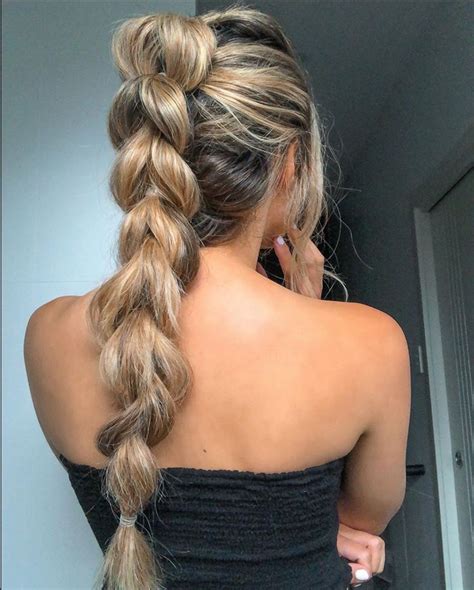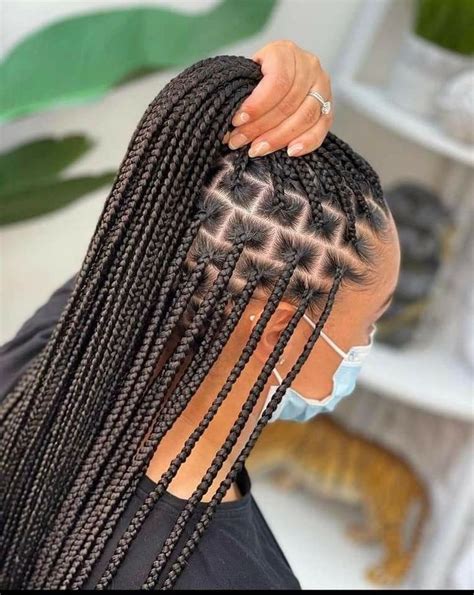Braided Wigs: Your Guide to Style, Comfort, and Convenience
Braided wigs have surged in popularity in recent years, becoming a go-to choice for those seeking a stylish, versatile, and low-maintenance hair solution. With an array of different styles, textures, and colors available, braided wigs offer endless possibilities for personal expression and transformation.

Benefits of Braided Wigs
- Time-saving: Braided wigs eliminate the need for lengthy braiding sessions, saving you precious time and effort.
- Protective: Braids protect your natural hair from damage caused by styling tools, chemicals, and harsh weather conditions.
- Versatile: Braided wigs can be worn in a variety of ways, from sleek buns to intricate updos, making them suitable for any occasion.
- Low-maintenance: Braided wigs require minimal care, with occasional brushing and washing being all that’s needed to maintain their pristine condition.
Types of Braided Wigs
-
Box Braids: Classic and versatile, box braids are small, square-shaped braids that create a bold and structured look.
-
Cornrows: These intricate rows of plaited hair add dimension and style to the scalp, offering a versatile base for buns and other updos.
-
Senegalese Twists: Larger and looser than box braids, Senegalese twists create a more voluminous and relaxed appearance.
-
Dreadlocks: With their unique texture and bohemian appeal, dreadlock wigs offer a statement-making style that requires minimal maintenance.
Choosing the Right Braided Wig
To find the perfect braided wig for you, consider the following factors:
-
Face Shape: Opt for a wig that complements your face shape, such as a soft-framed wig for round faces or a long, sleek wig for oval faces.
-
Hair Texture: Choose a wig with a texture similar to your own hair to ensure a natural-looking blend.
-
Color: Select a color that complements your skin tone and personal style, from natural black to vibrant hues.
-
Length: Determine the length you desire, from short and sassy to long and flowing.
Maintenance and Care
To extend the lifespan of your braided wig, follow these simple care tips:
- Brush Gently: Use a wide-toothed comb or soft-bristled brush to gently detangle the braids, avoiding pulling or snagging.
- Wash Infrequently: Wash your wig every 2-3 weeks, using a mild shampoo designed for wigs. Avoid using harsh chemicals or hot water.
- Condition Regularly: Apply a leave-in conditioner to the braids after washing to keep them soft and hydrated.
- Store Properly: When not in use, store your wig on a wig stand or in a silk bag to prevent tangles and maintain its shape.
The Future of Braided Wigs
The braid-wig industry is poised for continued growth, with new and innovative styles emerging all the time. One such innovation is the “quick-braided wig,” a cutting-edge wig that utilizes advanced technology to create intricate braids in a matter of minutes. As technology advances, we can expect even more groundbreaking products and techniques in the realm of braided wigs.
Conclusion
Braided wigs are a versatile and stylish solution for anyone seeking a low-maintenance, protective, and chic hair option. With endless styles, textures, and colors available, there’s a braided wig to suit every taste and occasion. By following these tips on choosing, caring for, and maintaining your braided wig, you can enjoy its beauty and convenience for years to come.
Table 1: Comparison of Braided Wig Types
| Wig Type | Pros | Cons |
|---|---|---|
| Box Braids | Bold and structured look | Can be heavy |
| Cornrows | Intricate and versatile | Can be time-consuming to install |
| Senegalese Twists | Voluminous and relaxed | Prone to tangling |
| Dreadlocks | Unique texture and bohemian appeal | High maintenance |
Table 2: Maintenance Schedule for Braided Wigs
| Task | Frequency |
|---|---|
| Brushing | Daily |
| Washing | Every 2-3 weeks |
| Conditioning | After every wash |
| Detangling | As needed |
Table 3: Pain Points of Traditional Braiding
| Pain Point | Problem |
|---|---|
| Time-consuming | Can take hours or even days to braid |
| Damage to hair | Tight braiding can stress the hair follicles and lead to breakage |
| Tension headaches | Prolonged braiding can cause tension headaches |
| Cost | Professional braiding can be expensive |
Table 4: Benefits of Braided Wigs
| Benefit | Solution |
|---|---|
| Time-saving | Braided wigs eliminate lengthy braiding sessions |
| Protective | Braids protect natural hair from damage |
| Versatile | Can be worn in different ways |
| Low-maintenance | Minimal care required |
